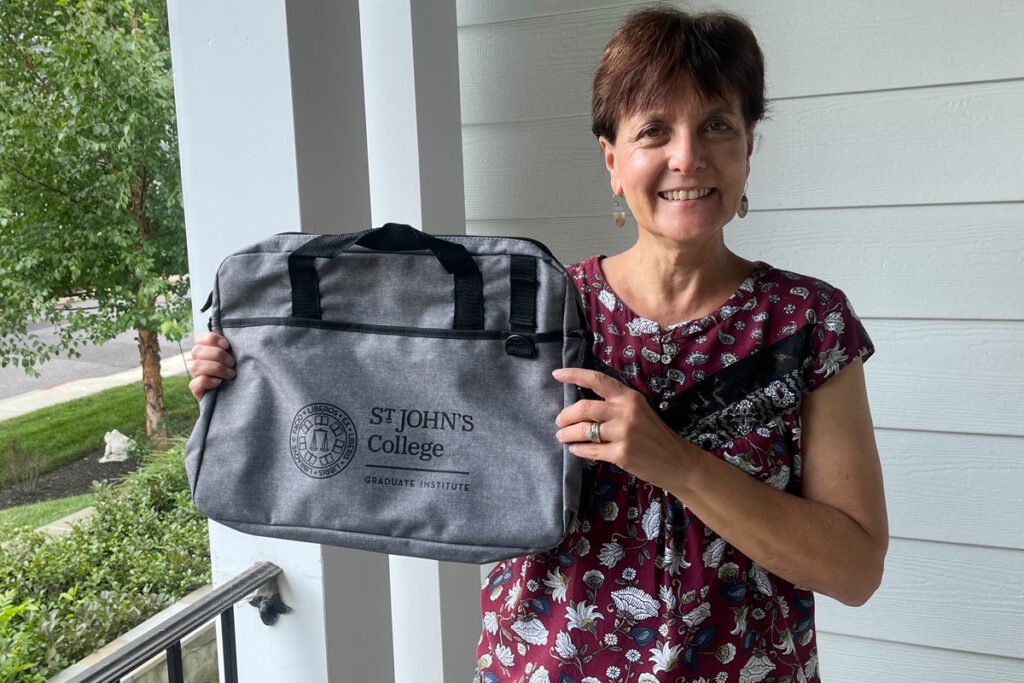
Yes, I am starting a Master’s in Liberal Arts at St John’s College in Annapolis to read The Great Books.
For most of my career and especially running a communications consultancy, I have been in a teaching role, guiding clients to manage crises and unexpected events; working with C-Suite leaders and their teams to pull out of them their messages; helping organizations navigate the changing communications landscape and teaching people effective oral and written communications practices and processes.
In fact, I am hosting a series of “Office Hours,” this month, open sessions where my network (yes, that includes you!) can ask questions about communications challenges and I can help by “teaching” how to address them.
It is gratifying to see the light bulbs go off, to see organizations make changes that advance their enterprise, and to help people connect with stakeholders.
So, after all those years, why would I want to shift roles and go back to reading lists, writing essays, and attending classes?
Because the older I get, the less I understand, and I know you should never stop learning.
In today’s world, where we struggle with big questions around artificial Intelligence and the future of humankind, a global epidemic of loneliness, deep social and political upheaval, the best way to grapple with these issues and the questions they raise is by going back to the wisdom of the Great Books.
Of course, I could do this on my own.
What is so wonderful and vital about this program is the cohort of learners who will accompany me on this journey of discussion, debate and discovery.
St. John’s curriculum, built around The Great Books, encourages us to ask important questions and seek answers or at least understand through discussions of sages, poets, and mathematicians.
The liberal arts education at places like St. Johns is under assault.
This approach is antithetical to the pressures on college and graduate education to lead to a better job and more money.
Business majors often find jobs more easily than literature majors.
But in these turbulent times of change, we need people who can think clearly, synthesize information, and express themselves well through the written and spoken word and that is exactly what a liberal arts education does.
When I was in college, I couldn’t wait to get out into the world and to DO things.
I never pursued graduate education because I learned what I needed to know from some of the greatest teachers who were in the workplace.
I look forward to the insights, fellowship and deep conversations this experience is bound to bring and to the growth I will experience as a result.
And as a byproduct, I may also have new perspectives that will benefit my clients and communications practice.

